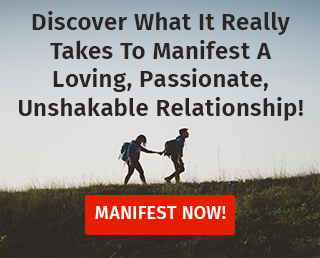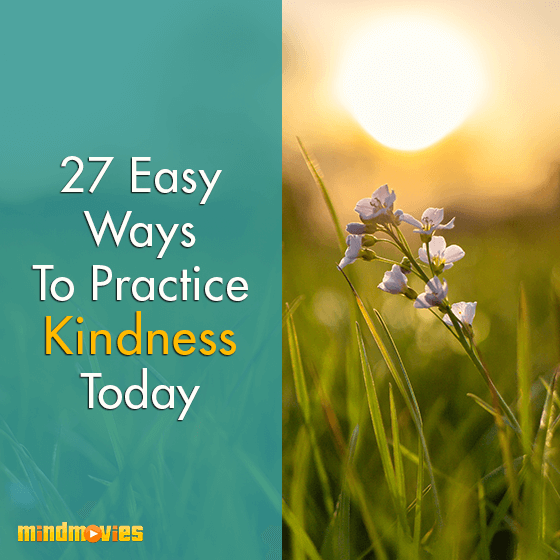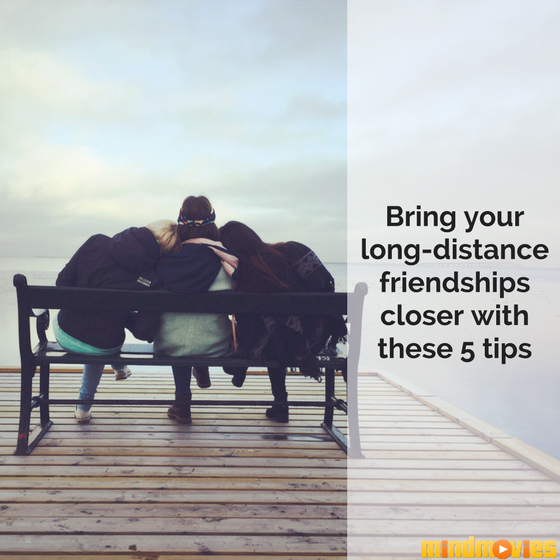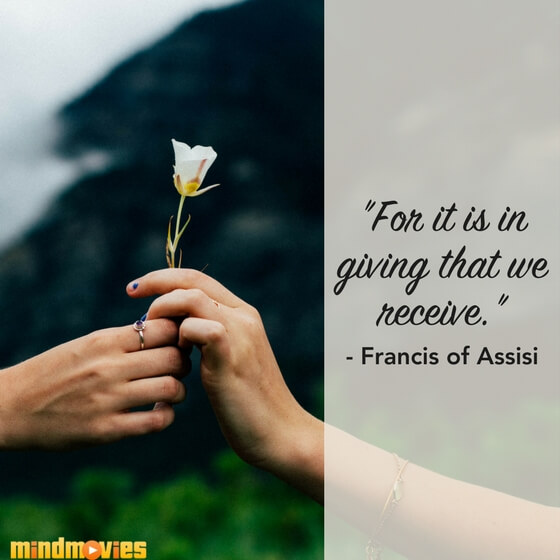Do you ever stop to think about all of the different types of relationships you have in your life? And what makes one different from the other? Well, no matter the specific type of relationship, a healthy relationship will form when two individuals are able to connect and align based on core values like respect, honesty, communication, accountability, and loyalty.
But the thing is, each type of relationship you form can be nurtured in a different way, and that’s why I’m going to take a deeper look at the four main types of relationships and the relationship advice we could all benefit from.

1. Family relationships
Family. This is likely one of our very first types of relationship experiences. It’s made up of parents, grandparents, siblings, spouses, children, aunts, uncles, cousins, etc. These are the people that, especially from an early age, have an impact on both our physical and mental growth, and show us what relationships look like.
Think about some of your firsts in life: when you learned to ride a bike, your first family pet, when you graduated from school. Now think about those monumental moments and who was likely there for them. That’s right, your family. As you grow up, you’ll notice that family relationships help build your backbone, to make you, you, through family rules and traditions.
But not every family relationship is perfect, trust me, I think we all know there are plenty of ups and downs. But as you mature, even more, you are looking for signs of trust, communication, reliability, and, most importantly, working through conflict together to define a healthy family relationship. Togetherness is important here because no matter the good times or the bad, you are promoting ways to grow and build even stronger bonds, and that’s what makes a family so resilient.
2. Friendships
Friendships are the types of relationships that can come and go all throughout life. We may not have the same friends we did when we were young that we do now, and that’s okay. As we get older, we develop and change as individuals, which is all a healthy and normal part of life. So it’s expected for friendships to do the same.
Just like family relationships, the relationship you have with friends is built on similar core values, because friends are the people you choose. In healthy friendships, you show and receive the kind of support that keeps you honest, feeling good about yourself, and motivated.
And it may seem like knowing and socializing with tons of people is what it takes to have great friendships, but always pay attention to how those friendships make you feel. A friendship is a two-way street, so when you accept someone for who they are and show genuine interest in their life and well-being, if they can do the same in return, that’s what a friend looks like.
Friendships exist to be your extended support system, again supporting you through the good times and the bad. Whether it’s needing a shoulder to lean on or someone to share exciting news with, friendships have the power to bring great fulfillment to your life and overall well-being.
3. Acquaintanceships
Do you know exactly what an acquaintance is? Well, the truth is, we all probably have a lot of them. Similar to a friend, an acquaintance is someone you know, but not someone you know as intimately as a friend. This could be someone from school, work, or even a friend of a friend. You can consider acquaintances your more casual friendships that serve the purpose of making connections, references, or simply the people you see from time to time, like at the gym or a coffee shop.
Acquaintances are usually a more diverse group of individuals, like the people in your community, as they connect with a much broader set of social networks than our close friends. So chances are someone is your acquaintance if you don’t really know them on a personal level or haven’t had any intentional social encounters.
We usually have more acquaintances than close friends, and that’s totally okay! The benefit is that we are able to broaden our network, igniting connections between others. So even just a little small talk with acquaintances at the gym or in your neighborhood is a helpful way to boost a sense of community.
4. Romantic relationships
On the heels of Valentine’s Day, this last one I’d like to cover is romantic relationships - the type of relationship that can often seem the most complicated. Why? Well, it happens to be made up of several different components. Things like passion, being emotionally committed, and intimacy all play a part in the romantic relationships we have in life. And let’s not forget about love, that mighty 4-letter word that truly has the power to transform a relationship from one level to the next.
But a romantic relationship is something that not only takes trust from both parties and time to form, but it also requires effort throughout. Over time, this happens when you are able to let your guard down and relax, being as comfortable with another person as you are with yourself. You’ll be able to feel at ease sharing your deepest thoughts and emotions, feeling free of judgment from the other person.
And then there’s the element of wanting to be embraced by a partner physically: hugging, kissing, holding hands, intimacy, etc. The layers of a romantic relationship can become so deep that the more and more you peel back, the stronger the commitment to the other person becomes.
And you have to pay attention to love languages as well - which are different ways each and every one of us desires and shows love. Did you know there are actually 5 love languages? There are some who desire quality time or gifts . Or some who want words of affirmation or physical touch . And there are also some people who prefer acts of service like doing something helpful for your partner.
And you see, the layers of understanding a romantic relationship or understanding your partner, are the reasons why these types of relationships can feel complicated. But one thing to always remember is to start by loving yourself first. The love you give yourself is so incredibly important for the different relationships you have in your life. It keeps you in the vibrational state of making healthy choices for your overall well-being and knowing what serves your greatest good.
Don’t be afraid to love yourself more deeply and really show yourself the love you deserve. This is the first step in taking action to manifest a loving, passionate, and absolutely unshakable bond in an existing or future relationship. So if you’re trying to bring the spark back into a relationship or even find your soulmate, you just may want to check out the Love Abundance Program , dedicated to giving your love life the makeover it deserves. You’ll find tips for relationships that will empower you with the clarity, confidence, and again, self-love to start loving life with the love of your life. So here’s to more love! - Nat








